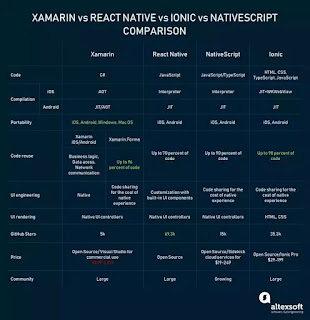Free AI Coding Assistants
Free AI Coding Assistants (commercial terms & conditions may change dynamically): The Individual Tier of AWS CodeWhisperer is free for some IDEs. TabNine's Starter plan offers basic code completion. Tabnine’s generative AI uses open-source code with permissive licenses for its Public Code trained AI model (MIT, Apache 2.0, BSD-2-Clause, BSD-3-Clause). Tabnine claims that whether you’re using Tabnine’s Pro plan or our Basic plan, your code, and AI data are NEVER used to train any models other than private code models. MutableAI for VS Code can autocomplete, document & refactor your code. Its free tier for individuals and open source devs. Blackbox VS Code Extension can autocomplete & search for code. Safurai is available as a VS Code Extension . The current alpha version is free . HF Code Autocomplete VS Code Extension from Hugging Face was forked from tabnine-vscode & modified for making it compatible with open source code models...



